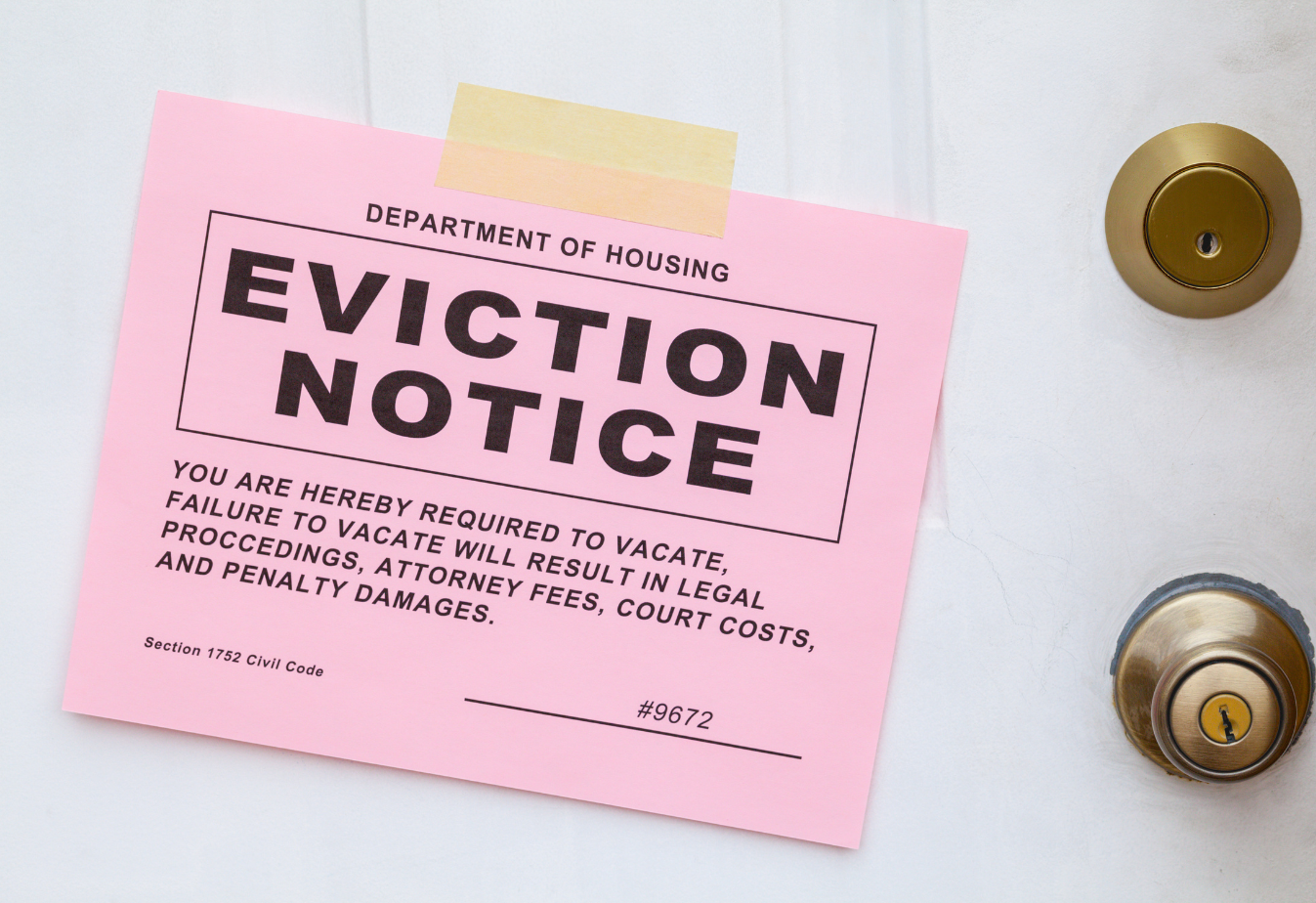Investing in commercial real estate is a major financial risk. And when tenants fail to pay rent, it can be critical to remove them from the property as quickly as possible. For a variety of reasons, self-help is typically not recommended. Commercial landlords should rely on the North Carolina summary ejectment procedure.
Summary Ejectment Law
The summary ejectment statutes are provided in Chapter 42, Article 3 of the North Carolina General Statutes. The process allows a landlord, whether commercial or residential, to evict a tenant from his or her property within a relatively quick period, usually thirty to forty-five days. In either setting, it is important to be sure that the landlord has closely followed all conditions precedent to eviction under the express terms of the lease. Many commercial leases provide that the landlord must give written notice that the tenant is in breach of the lease and that the tenant thereafter have an opportunity to cure.
Failure to pay rent may not be the only breach that entitles a commercial landlord to evict. If tenants breach a specific term of the lease qualifying them for eviction, the landlord may proceed with summary ejectment. Common breaches that permit eviction include the failure to procure/maintain insurance, criminal activity, and the tenant’s bankruptcy.
Summary Ejectment Procedures in North Carolina
Once the landlord identifies a breach permitting eviction, they should take out a Magistrate Summons and Complaint in Summary Ejectment. The county sheriff takes those document to serve the tenant. The court gives the tenant a date and time to appear for trial and present any defenses to the eviction. At such hearing, the landlord may present evidence of back rent and recover a money judgment if appropriate. If the amount of back rent is in excess of $5,000.00, the landlord may want to consider just moving for summary ejectment before the Magistrate and simultaneously filing an action in District or Superior Court. Commercial landlords can potentially obtain an eviction quickly and still pursue their commercial tenant for any unpaid rent or remaining damages that are accelerated under the lease.
After the summary ejectment trial, the landlord and tenant will have ten (10) days to appeal to the District Court. If the tenant appeals, it must pay rent into the Clerk of Court during the course of the appeal. If a money judgment is given, the tenant may choose to just appeal the money judgment but not the eviction. After a Magistrate or District Court concludes the the summary ejectment matter, the landlord may obtain a Writ of Possession. This instructs the county sheriff to remove the tenant from the property.







